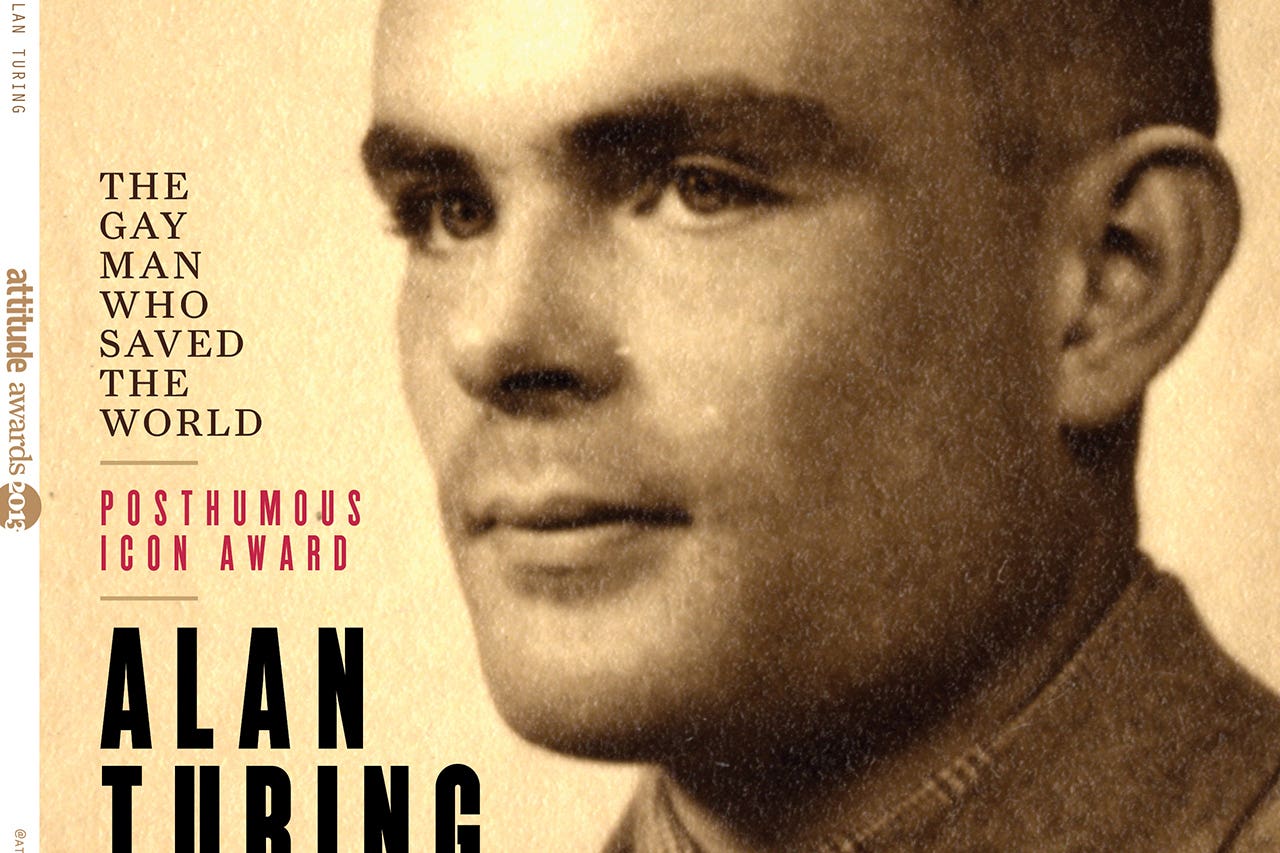Export bar placed on rare Alan Turing wartime papers as UK buyer sought
The papers are at risk of leaving the UK unless a domestic buyer can be found to acquire them.

An export bar has been placed on a collection of rare project writings by Second World War codebreaker Alan Turing, as a UK buyer is sought to prevent them being taken abroad.
The wartime documents are valued at over £397,000 and relate to the Delilah project, which developed a portable encryption system for use in military operations.
The papers are at risk of leaving the UK unless a domestic buyer can be found to acquire them.
Following Turing’s ground-breaking work on the Enigma machines at Bletchley Park, he began work on the Delilah project at Hanslope Park to develop a portable encryption system or voice scrambler to protect military secrets in the field.
The papers consist of two bound notebooks and six separate gatherings of loose sheets including the notes of Turing (1912-54) and colleague Donald Bayley (1921-2020) relating to the Delilah project.
Unpublished evidence of Turing’s work has rarely survived. Turing himself did not usually keep research notes, working drafts or correspondence.
Arts Minister Sir Chris Bryant said: “The Delilah project papers offer unique insights into the extraordinary mind of Alan Turing, who is famed for decoding the Enigma machines, being instrumental in ending the Second World War and saving many lives.
“The British mathematician was central to the development of our modern digital world.
“It is right that a UK buyer has the opportunity to purchase these papers to give people the opportunity to continue to study and appreciate his work as an important part of our national story.”
Shortly after the war ended in 1945, the Delilah machine was complete and Turing was able to demonstrate the working machine successfully, which showed a recording of one of Winston Churchill’s speeches, using a system which encrypted and decrypted communications from telephone and radio devices.
Turing’s work prefigured the modern digital world and his work at Bletchley Park is seen as being crucial to ending the Second World War early and saving many lives.
His post-war work formed the foundations of modern computer science and Turing was later awarded an OBE.
The minister’s decision follows the advice of the Reviewing Committee on the Export of Works of Art (RCEWA)
The committee found that the papers met the first and third Waverley criteria for their outstanding connection with our history and national life and their outstanding significance for the study of the history of computing, as well as Turing’s mathematical knowledge of electrical engineering.
RCEWA chairman Andrew Hochhauser said the UK owes “a debt of gratitude” to Turing.
He said: “(Turing’s) extraordinary work on the Enigma project at Bletchley Park played a major part in winning the Second World War and saved so many lives.
“Turing is closely connected to our modern digital world. He is generally accepted to be the founder of computer science and is also widely considered to be the father of Artificial Intelligence.
“The regard in which he is held is illustrated by the fact that in 2019 he was voted by a BBC audience the most iconic person of the 20th century. He appears on the current £50 note.
“Explaining the Bank of England’s choice, the then Governor of the Bank of England, Mark Carney, observed, ‘All around us, his legacy continues to hold. Turing is a giant on whose shoulders so many now stand.’”
The decision on the export licence application for the papers will be deferred until November 15.
Organisations or individuals interested in purchasing the papers are urged to contact the RCEWA on 020 7268 0534 or rcewa@artscouncil.org.uk.
Bookmark popover
Removed from bookmarks